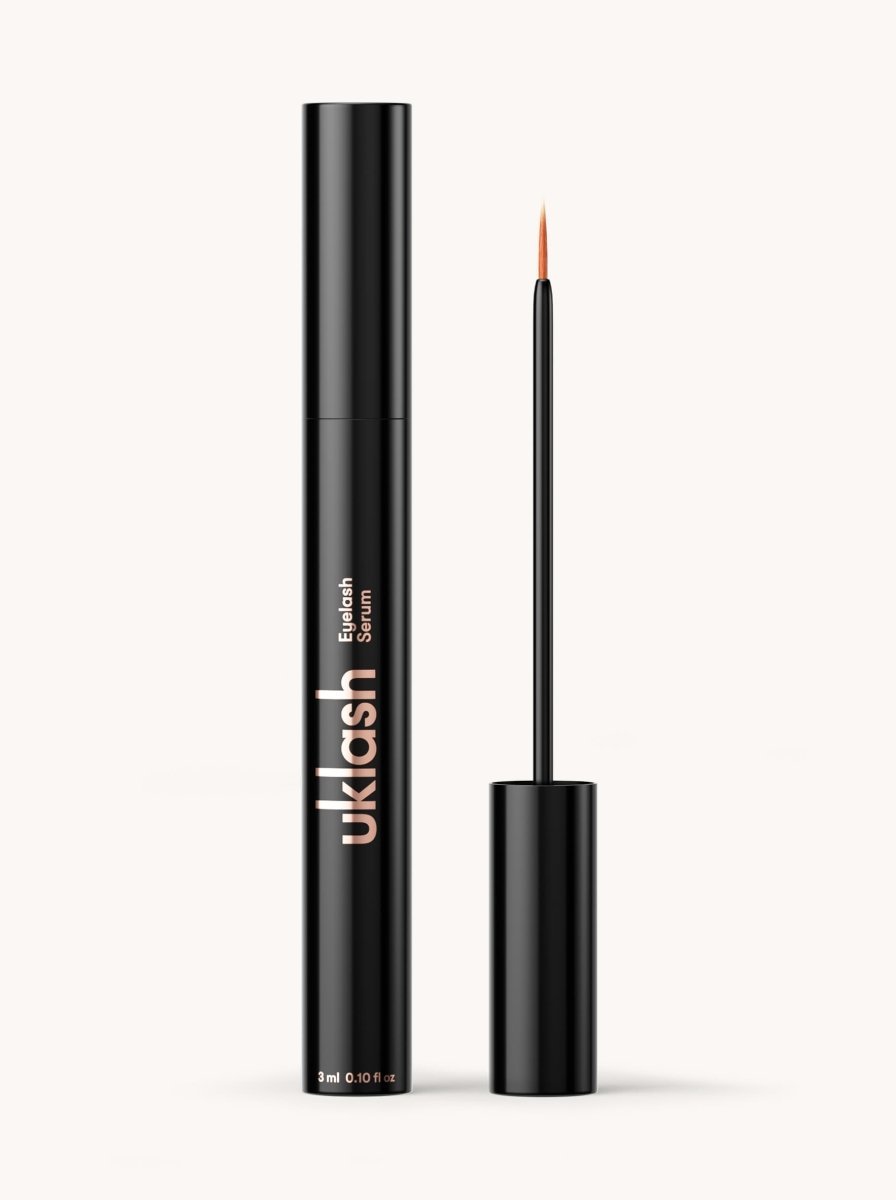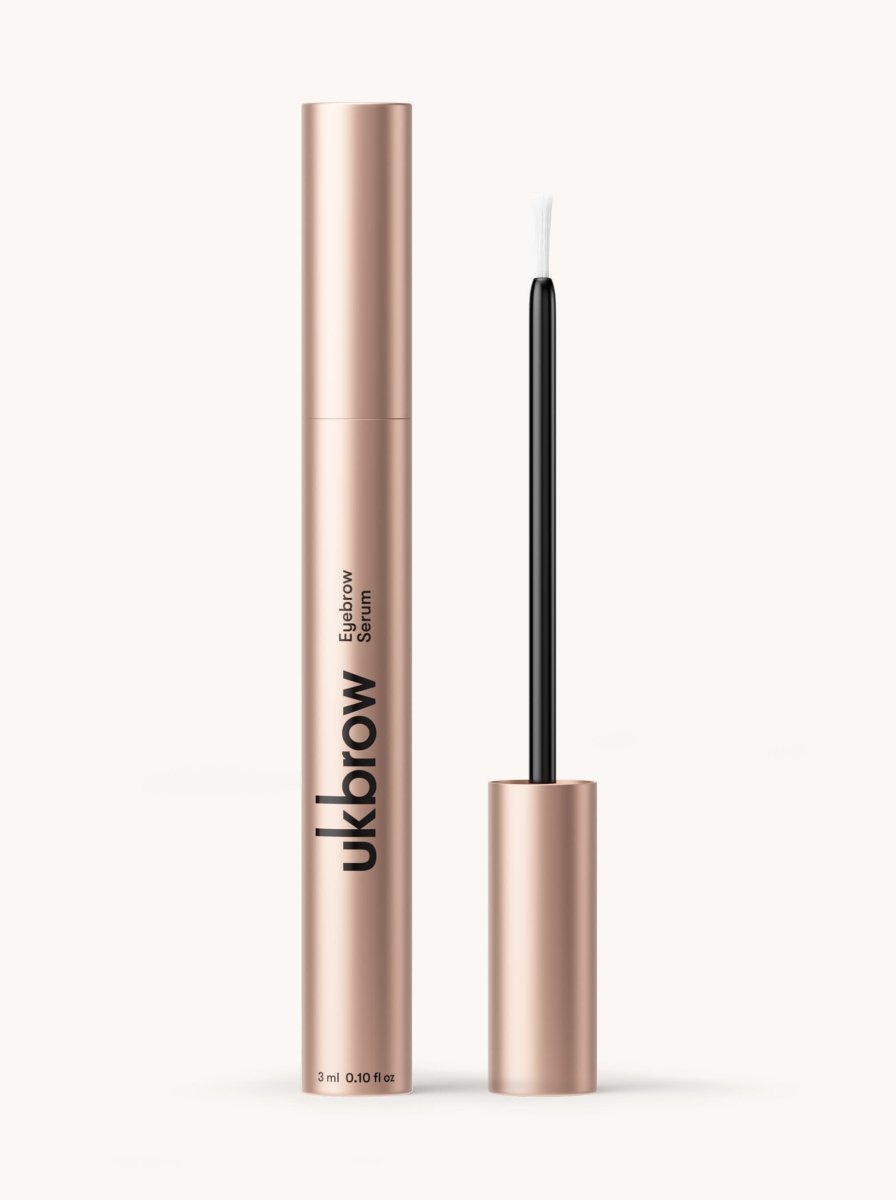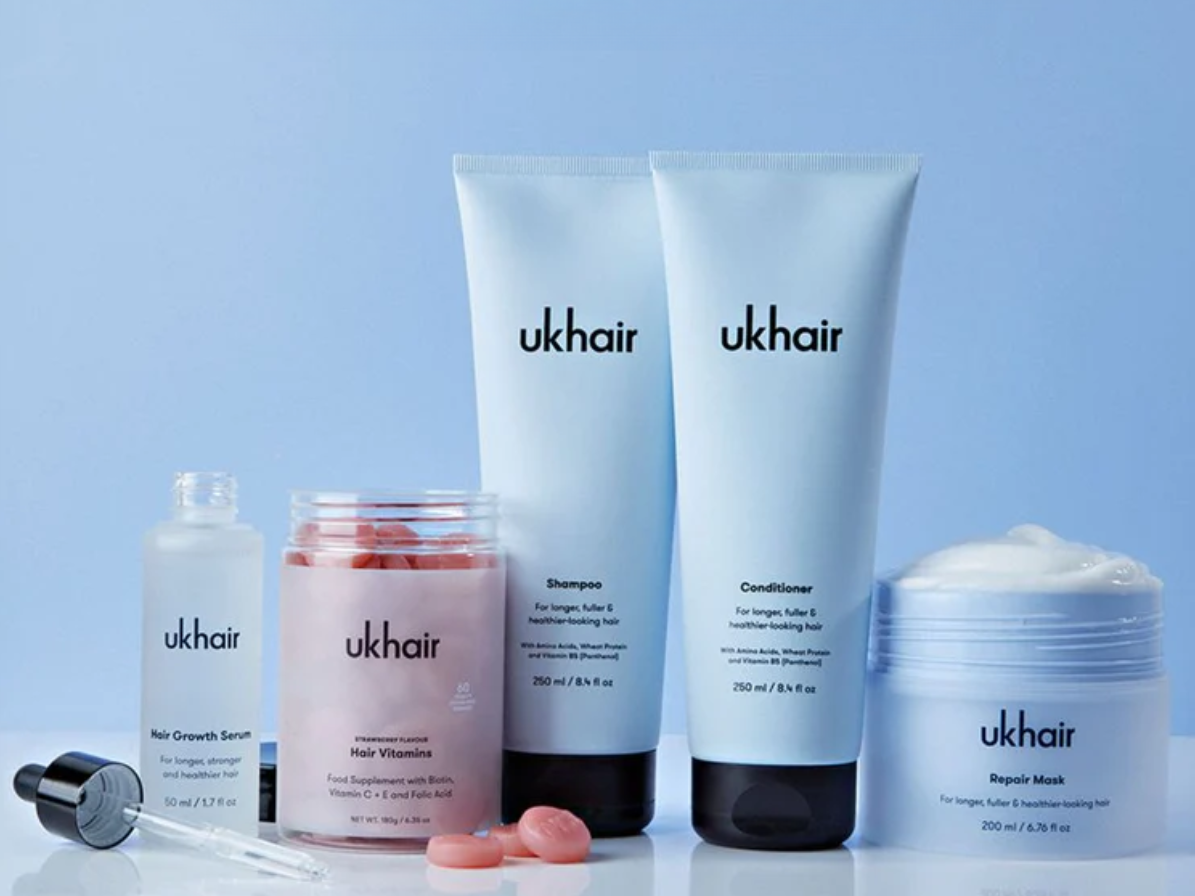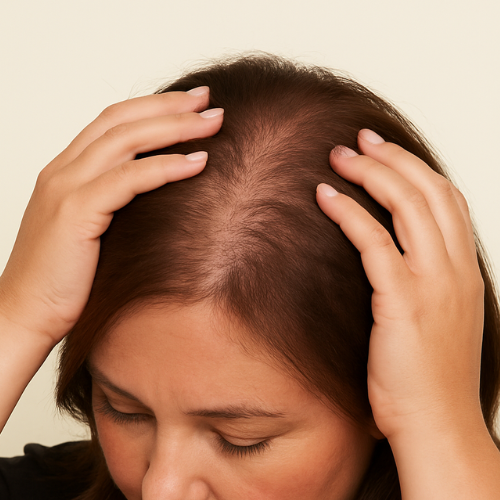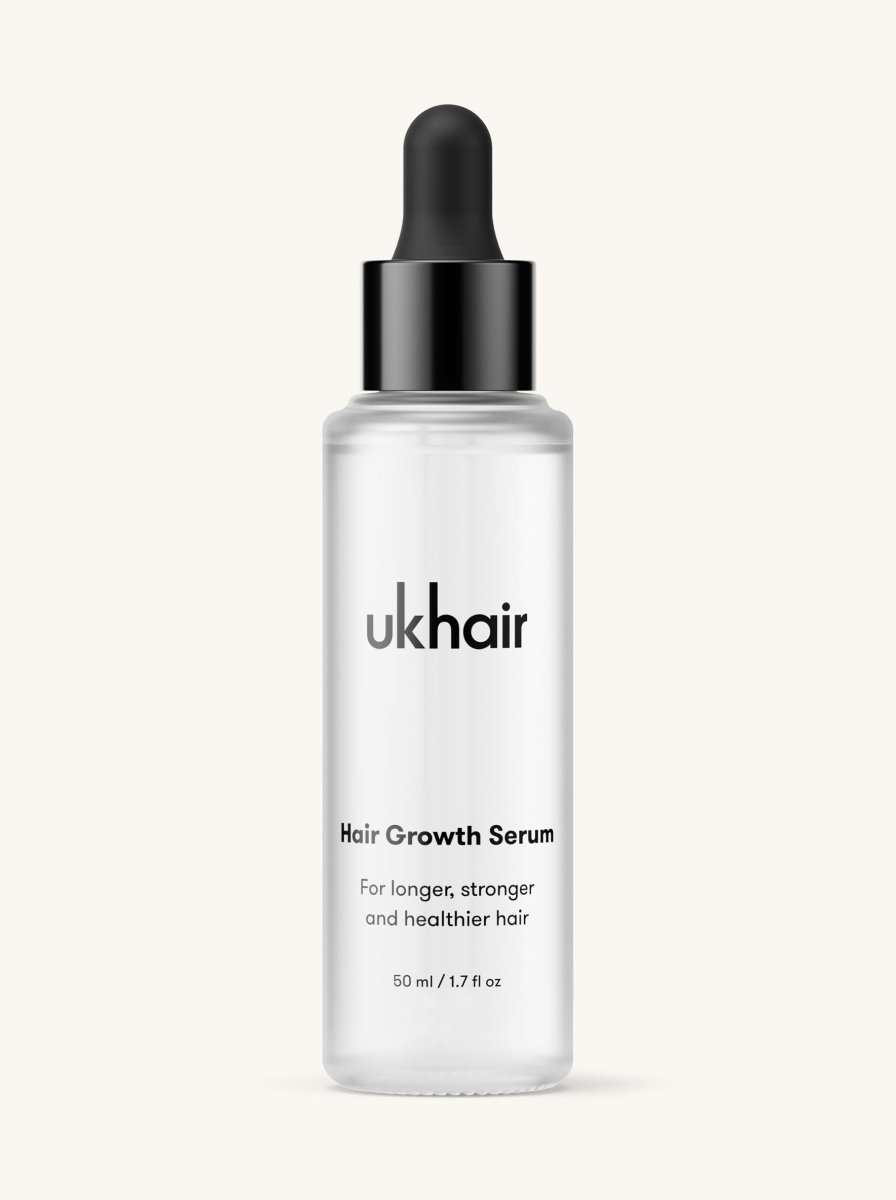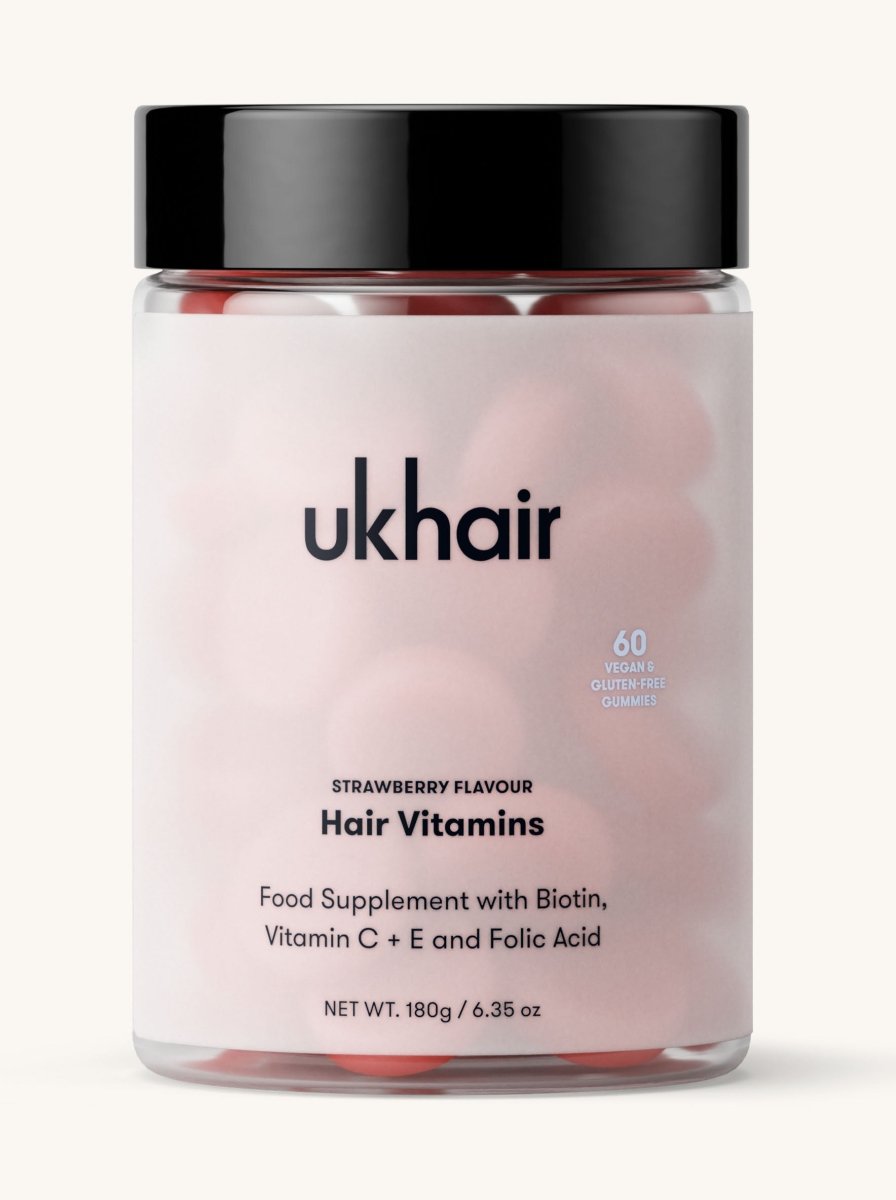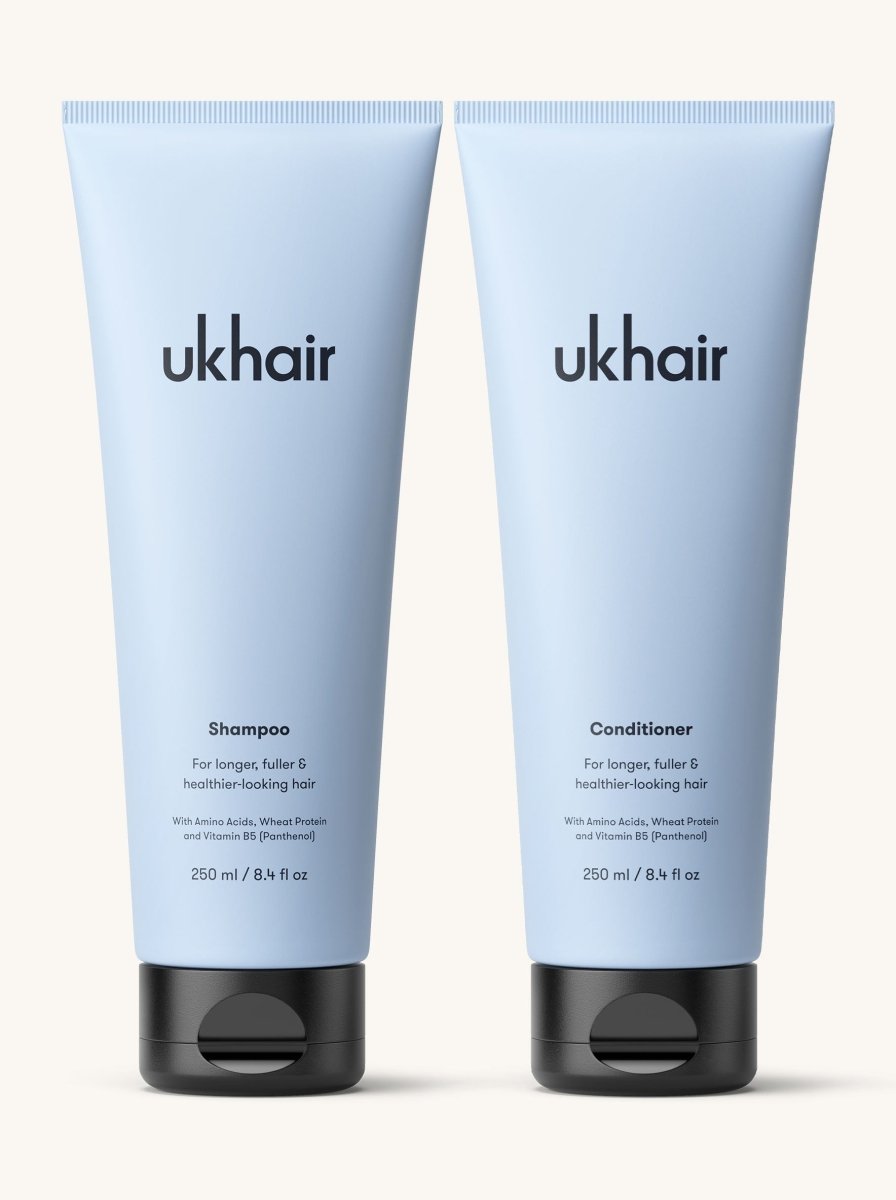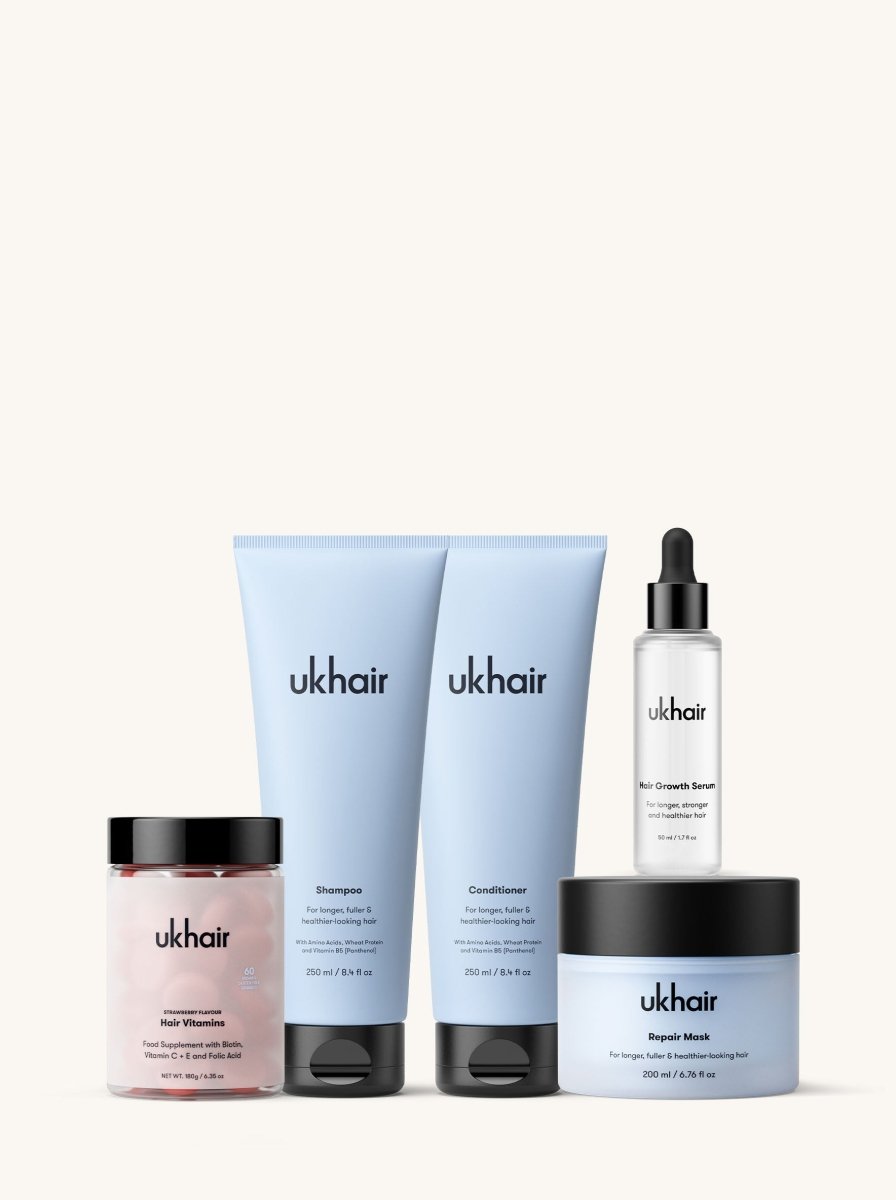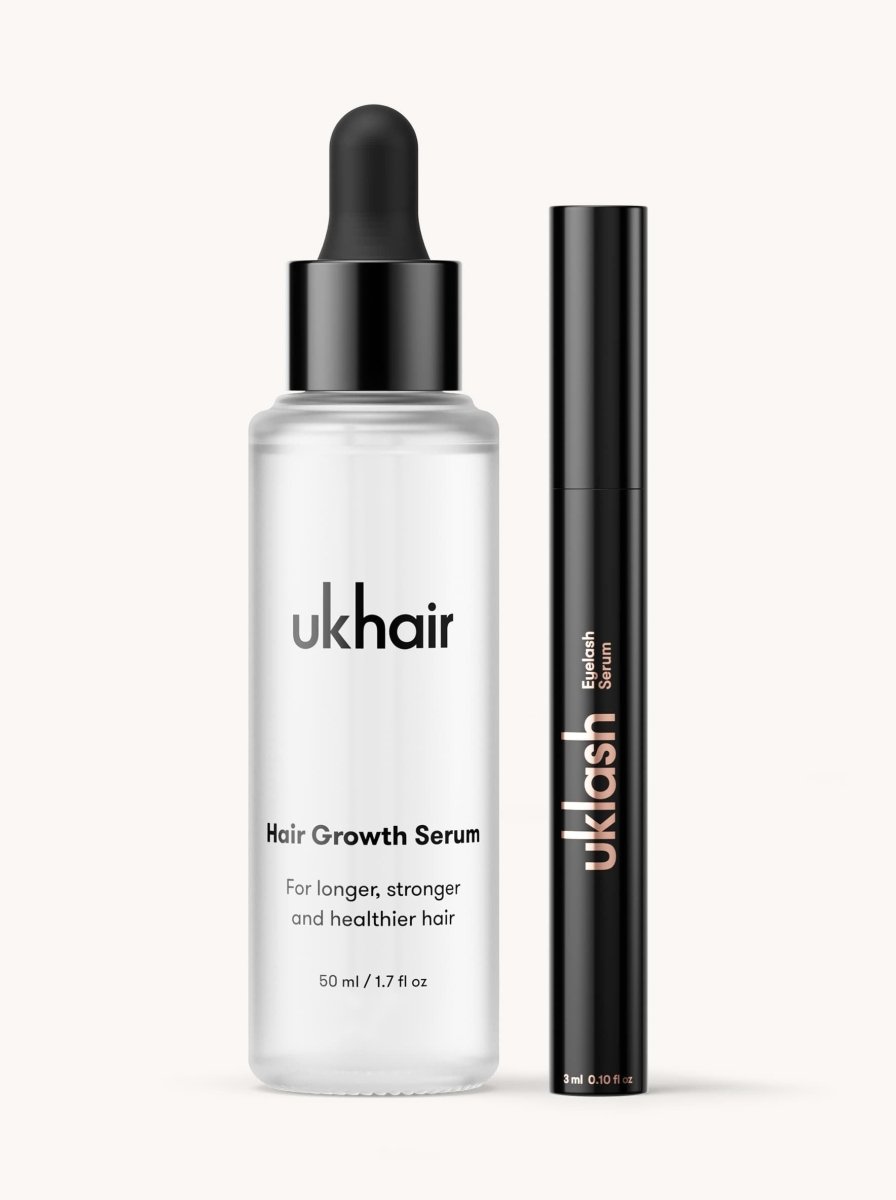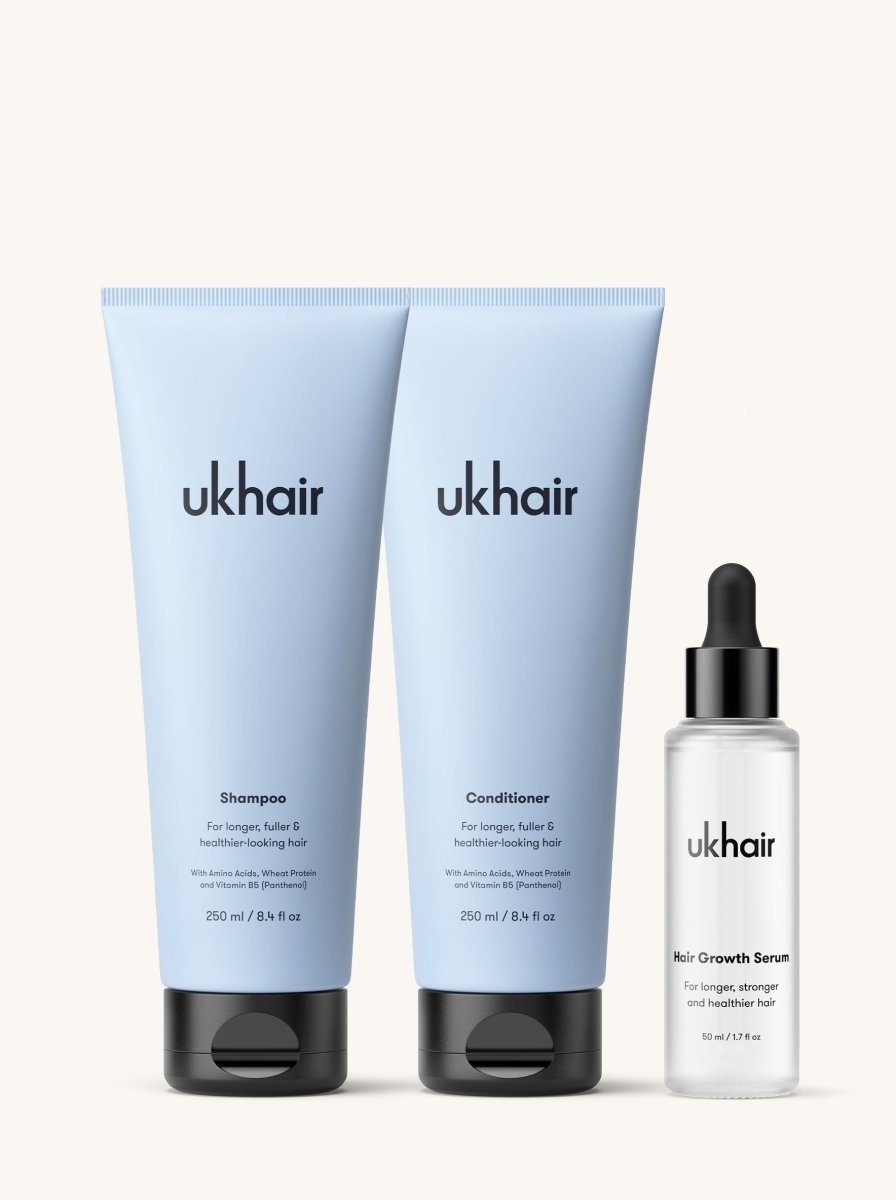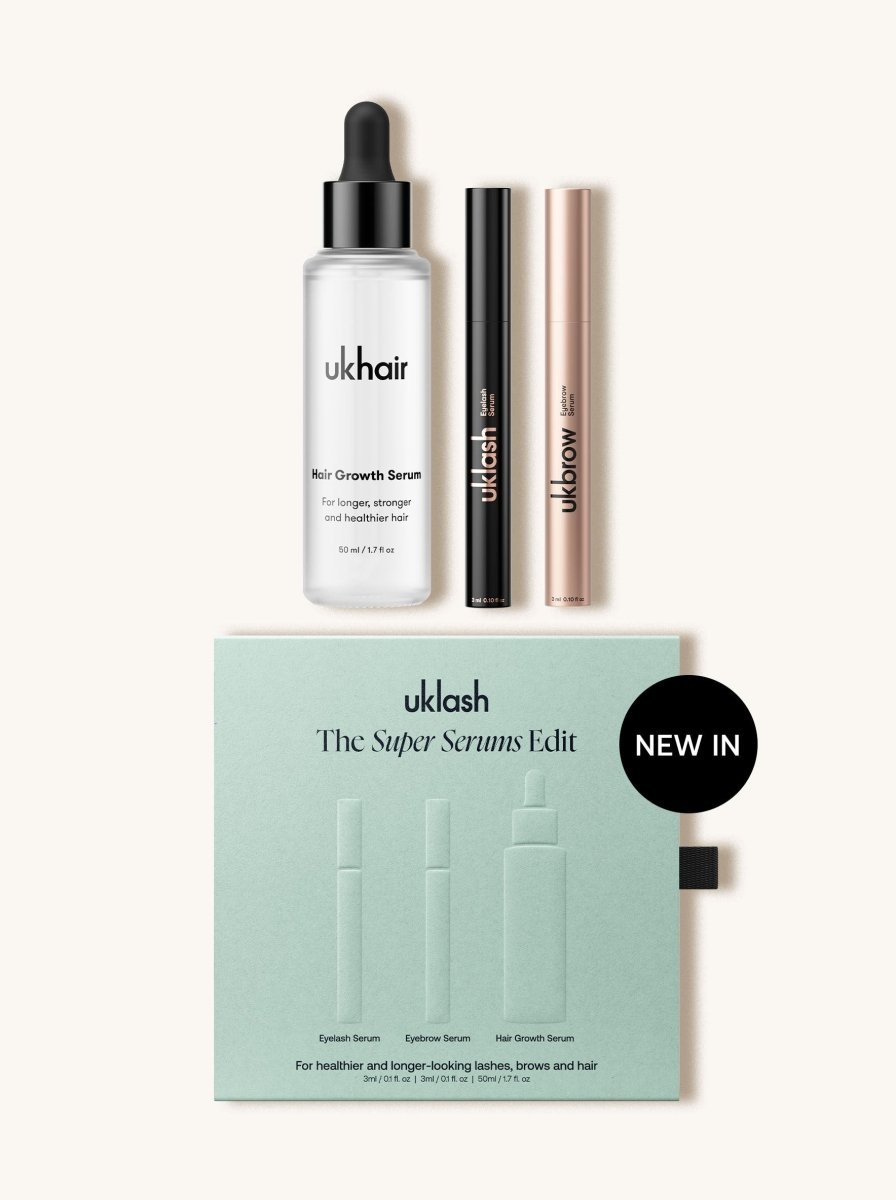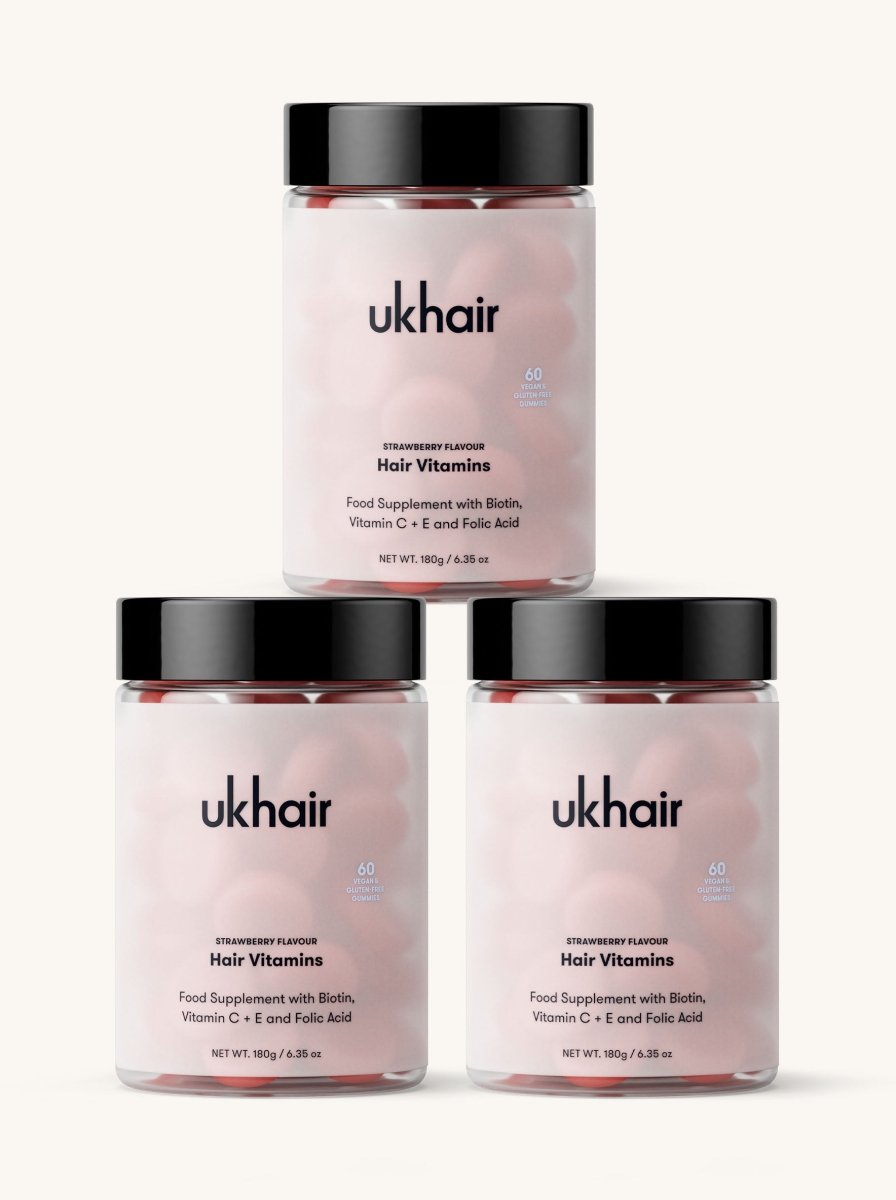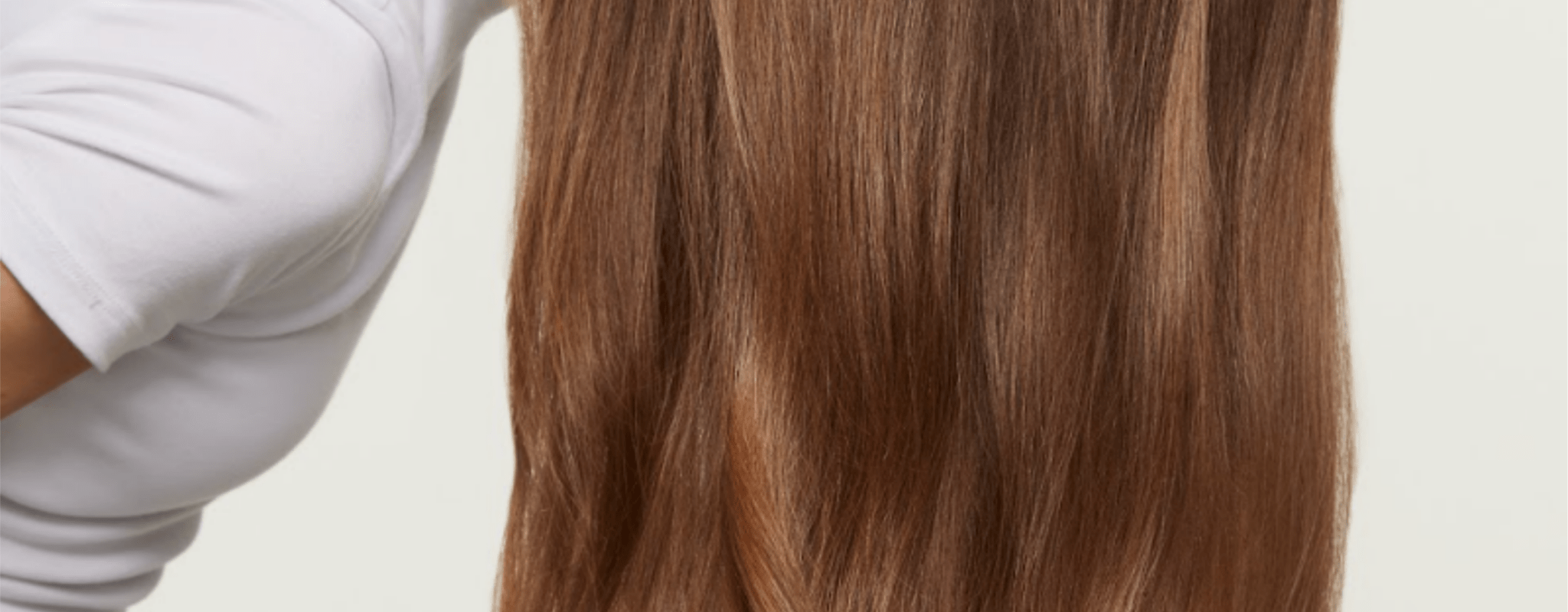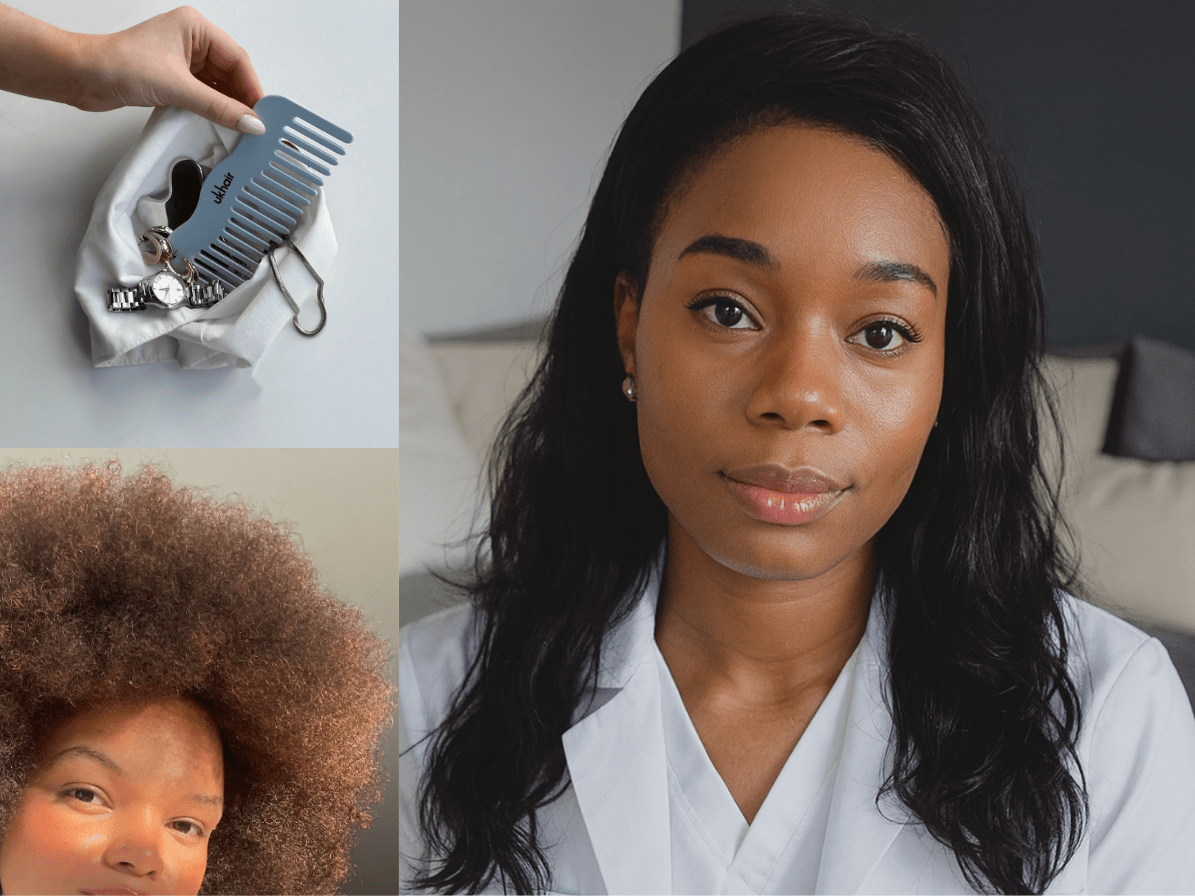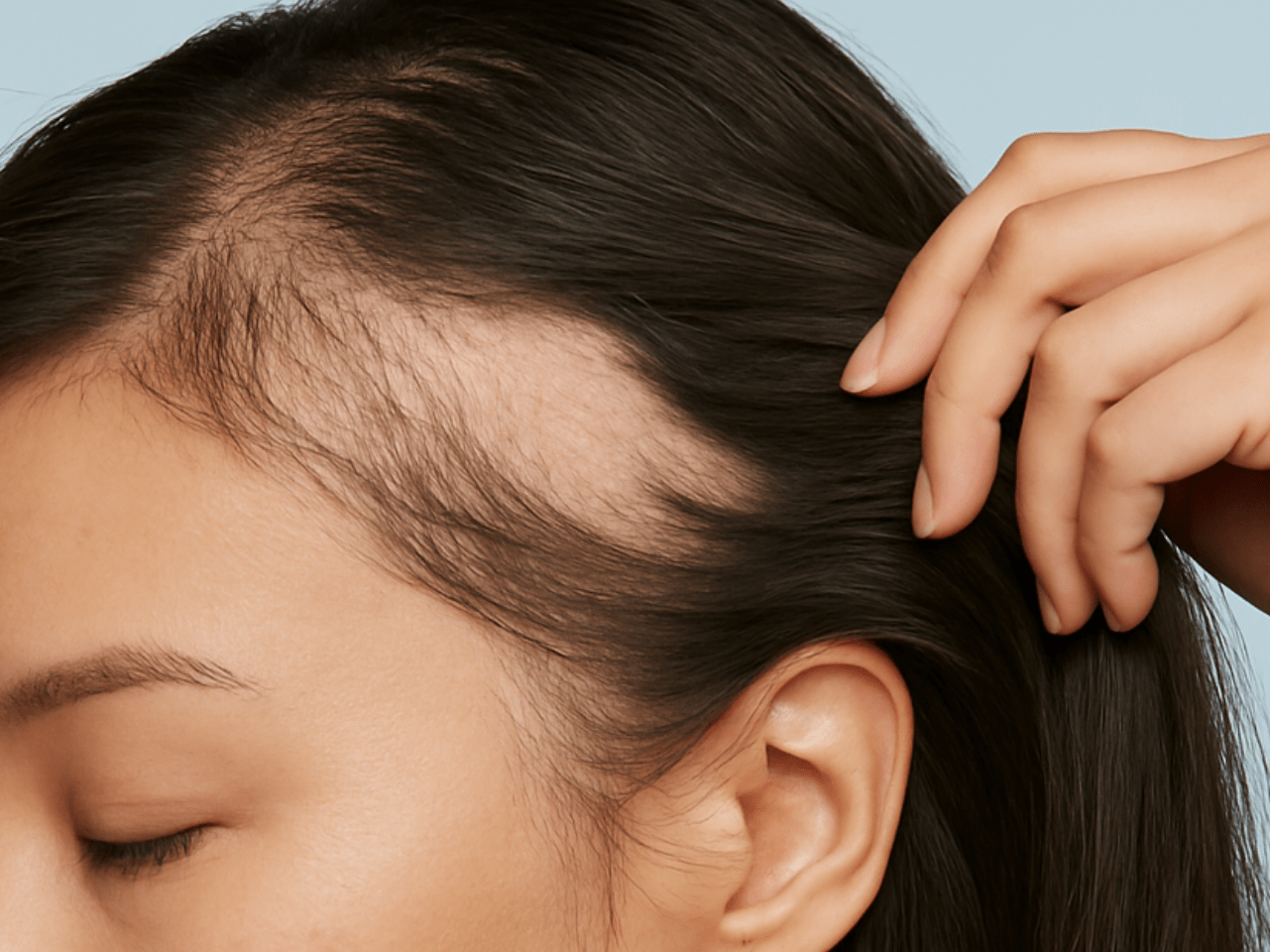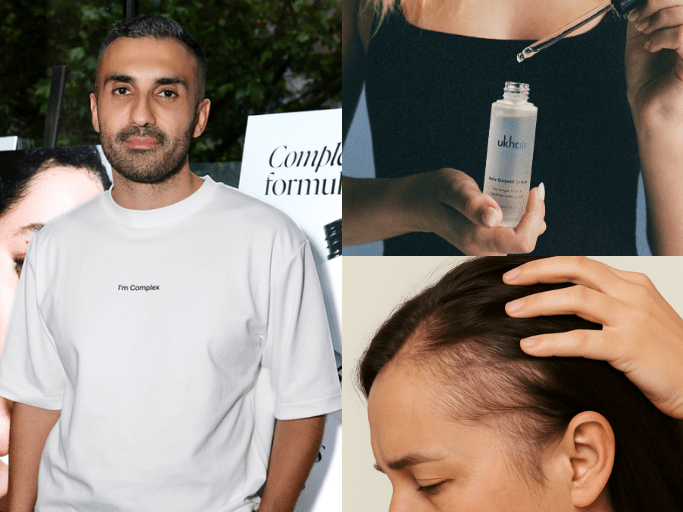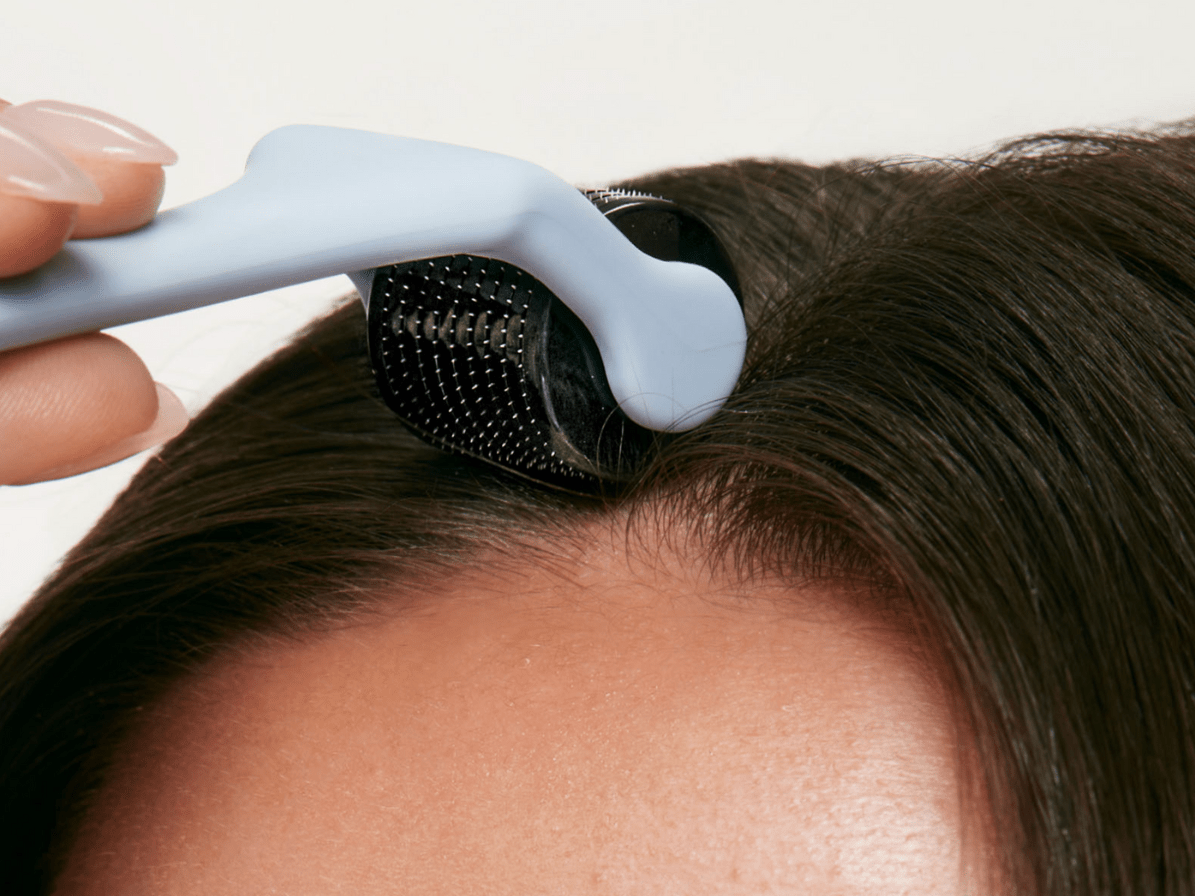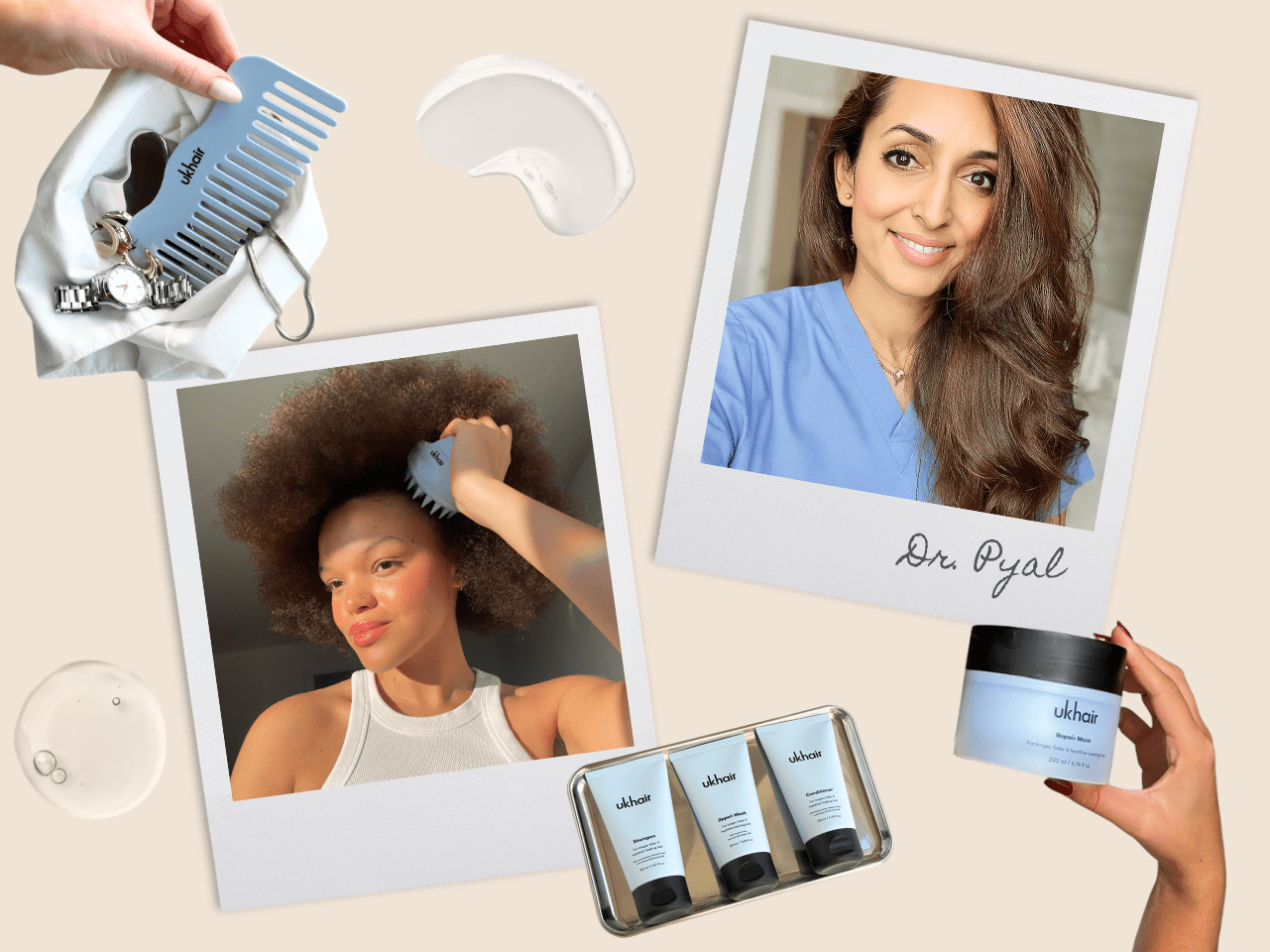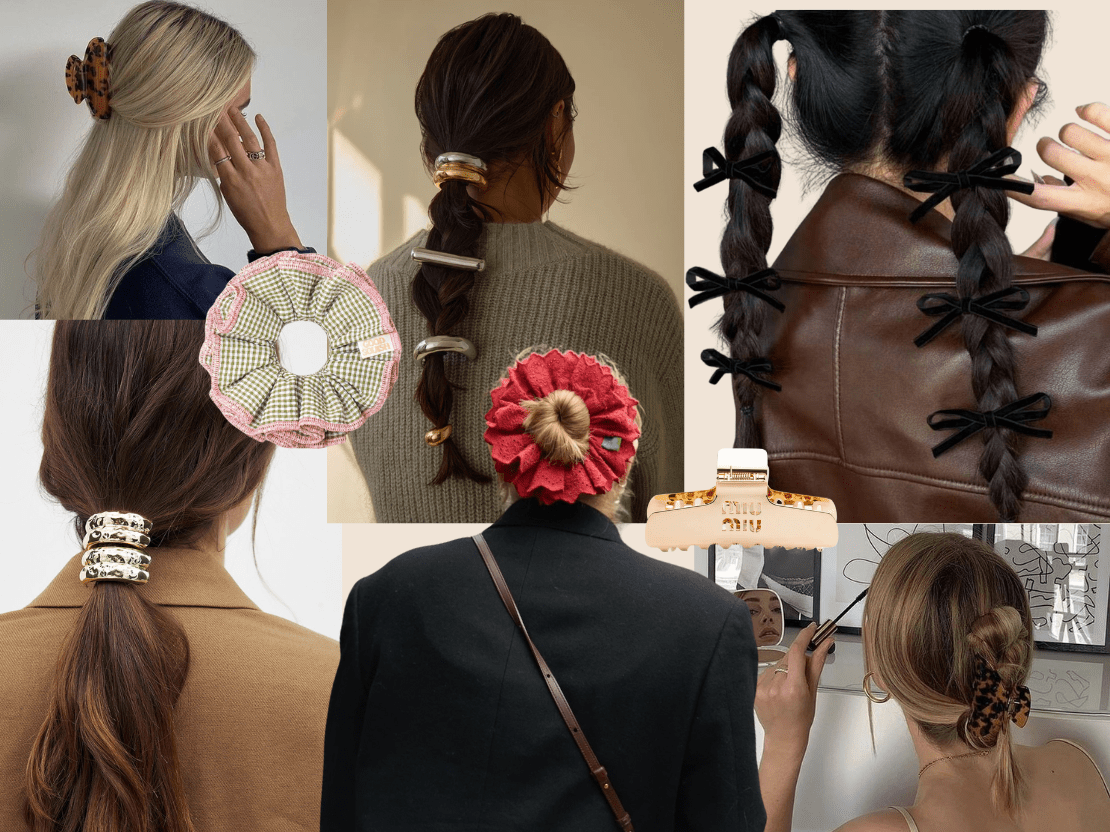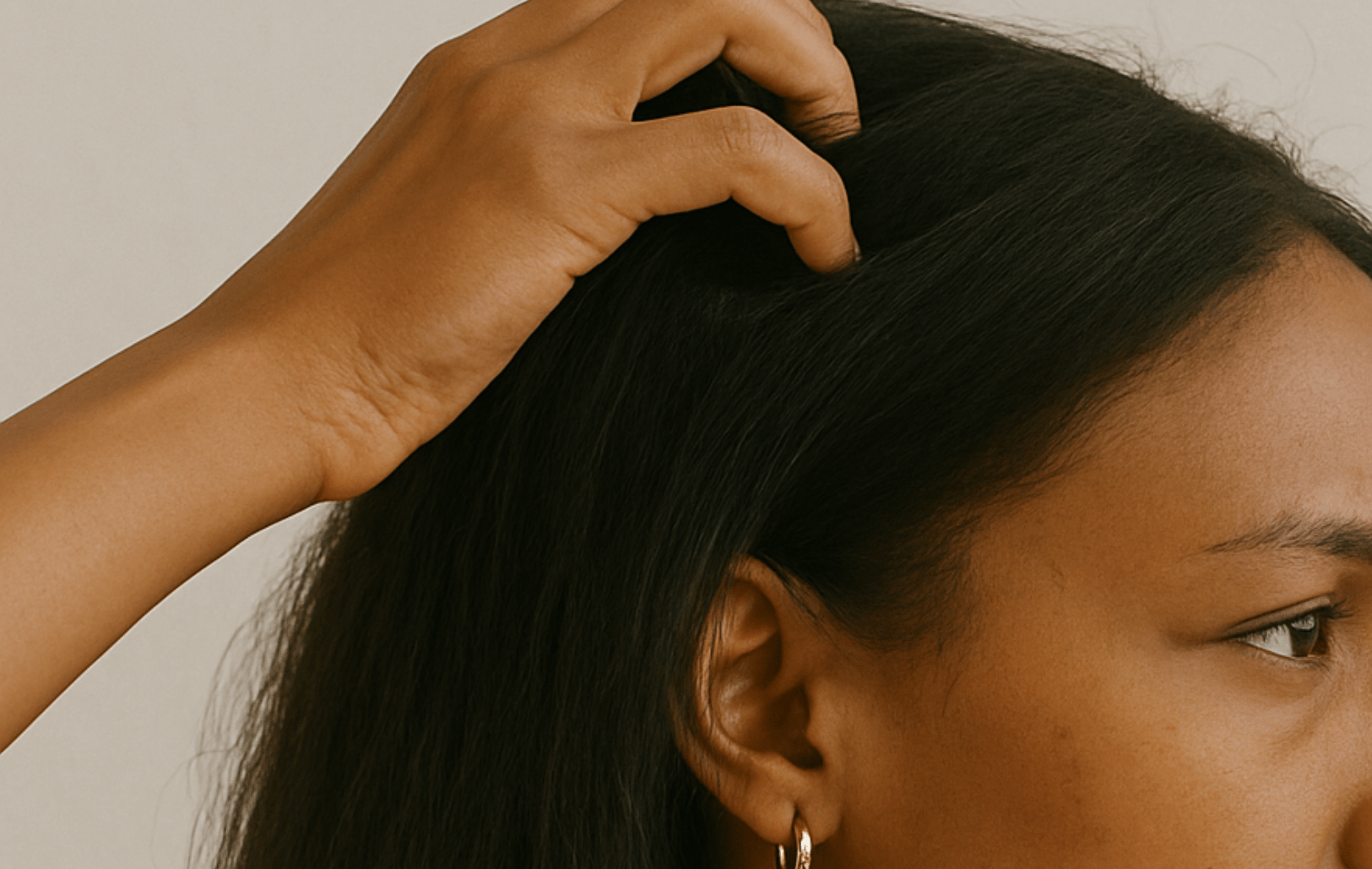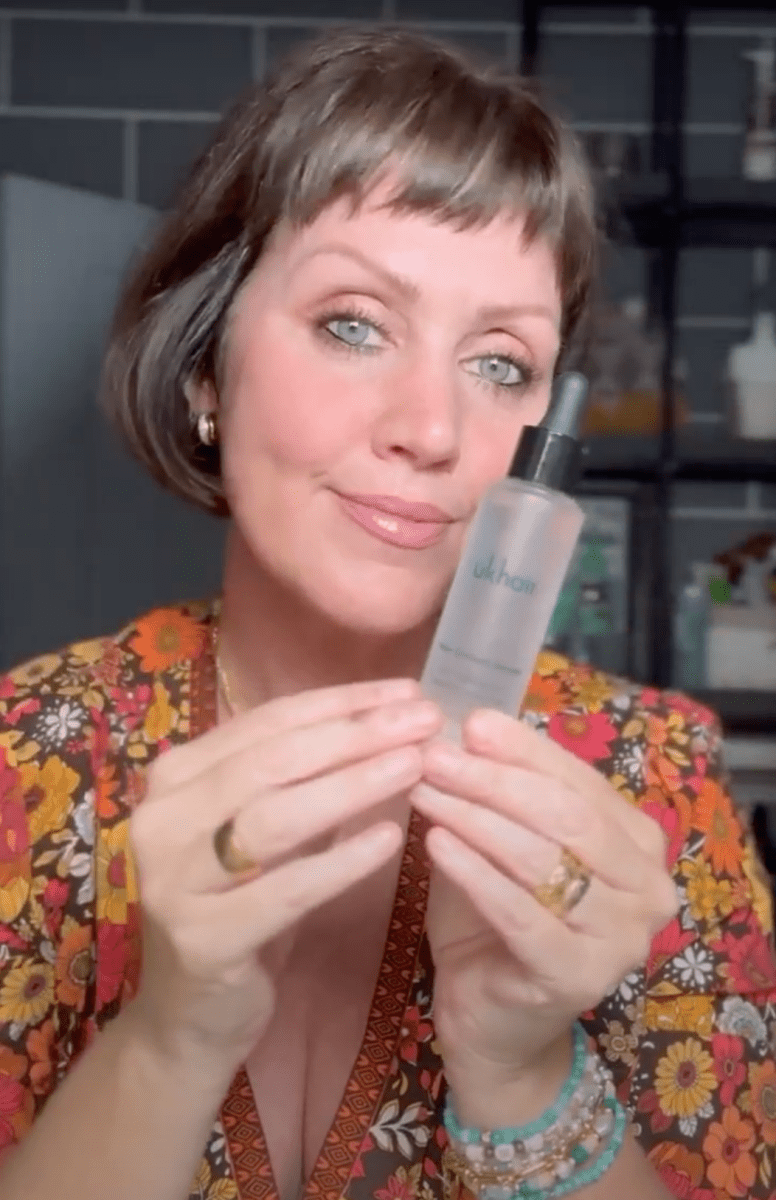
Did you know that hormones and hair are closely linked? Our hormone levels fluctuate at different stages of life - most notably during puberty, pregnancy, and menopause - and can all affect how and where hair grows.
Although sometimes menopausal symptoms can start to become noticeable around the age of 40, often referred to as perimenopause, the full effect of menopause typically happens in your late 40s and 50s - when you stop experiencing regular periods and your oestrogen levels decline.
Common symptoms that are often discussed include hot flashes, ‘brain fog’ and difficulty sleeping, but less is discussed about menopause and hair loss, even though a recent study by Harvard Health showed that around 66% of post-menopausal women experience some form of hair loss or thinning.
At UKLASH, we aim to guide you through every age and stage of life, especially when it comes to your lash, brow and hair health. In this article, we’re going to be looking at the relationship between menopause and lash loss, brow loss and hair loss and the best way to combat these effects!
What Is Menopausal Hair Loss?
Hair loss during menopause and post-menopause is a common phenomenon, so if you’re experiencing it, know that you’re not alone.
A healthy head of hair is supposed to lose around 100 strands every day - most notably during everyday activities such as washing and brushing. A healthy hair growth cycle means that you never lose too much hair at once and that your hair stays the same density and thickness.
However, during menopause and post-menopause the decrease in certain hormones, such as oestrogen, can cause havoc on your hair growth cycle, leading to increased hair loss and thinning. You might have noticed that your ponytail feels thinner than usual, your hairline is widening or your hairbrush fills up faster with clumps of hair, rather than the few strands that used to fall out daily. It could also be that you’re experiencing eyebrow thinning during menopause or lash thinning during menopause - don’t worry, all of this is normal.
While normal, it can still be worrying, which is where the UKLASH experts come in - to deep dive into why it’s happening and offer up top tips to help achieve longer lashes, bolder brows and healthier hair during menopause.
Why Does Menopause Cause Hair Loss?
You might be thinking, what causes hair loss during menopause? Below, we’ve rounded up the top reasons why menopause and hair loss are interlinked:
1. Falling Oestrogen Levels
The number one reason for changes in lash, brow and hair growth is your hormone levels! Oestrogen, often called the female hormone, helps manage your natural hair growth cycle. When the levels of oestrogen reduce, this affects the oils that are produced to make hair smooth and silky and the hair growth cycle by shortening the Anagen Phase, which is also known as the growth phase, and lengthening the end of the Telogen phase, when hair detaches from the root. Ultimately this gives your lashes, brows and hair less time to grow and more time to fall out, leading to an increase in eyelash loss, brow loss and hair loss.

2. Female Pattern Hair Loss (Hereditary)
Another common reason for hair loss during menopause is female pattern hair loss. Like male pattern baldness, female pattern hair loss is a form of androgenetic alopecia, affected by hormones such as testosterone and DHT. In women, hormonal shifts, especially during menopause, can exacerbate female pattern hair loss, allowing the effects of inherited genes to become more apparent.
3. Age
Another link between menopause and hair loss is age. Much like the rest of our bodies, hair matures and, with that, the number of hair follicles we have reduces. Therefore, when it comes to your eyelashes, eyebrows or hair, it could be that as a general part of ageing your hair follicles have reduced and your eyelashes have followed suit.
Best Menopause Hair Loss Solutions
So, now that you know what causes hair loss after menopause, what can be done to tackle it?
The below suggestions can be effective when trying to combat any type of hair loss during menopause, but if you’re looking for specific tips on how to combat eyelash loss during menopause, head to our article here, or for brow loss during menopause check out our article here.
○ Supplement Your Vitamins During Menopause
According to The National Library of Medicine, low levels of circulating oestrogen are associated with the risk of postmenopausal osteoporosis, so you must get enough Vitamin D and Calcium to counteract this, which can be found in supplement form if you’re not taking enough in through your food. If you’re focusing on menopausal hair loss prevention, you should be making sure you’re getting enough Vitamin C, Vitamin A and Biotin, all of which are featured in our UKHAIR Hair Growth Vitamins. This combination of nutrients and vitamins helps to condition the hair follicles and promote regeneration at the root, leading to fuller, thicker and healthier lashes, brows and hair.
It’s important throughout your menopausal journey to try to nourish and condition your hair as often as possible for two reasons; firstly to avoid your hair becoming dry, and secondly to cherish the hair that you do have, to encourage it to stay attached for longer - therefore preventing hair loss and encouraging thicker and fuller-looking hair. One of the best ways to do this is by using a hair mask at least once a week. The UKHAIR Repair Mask works perfectly using bond-building technology to deeply condition and nourish your strands using bond-building technology which helps to rebuild and restore the Keratin content in your hair; which makes up around 80-85% of your hair follicles.
○ Avoid The Heat
Applying excessive heat can cause damage to your hair, so if you’re wondering how to prevent breakage and grow thicker hair during menopause, we suggest avoiding any hot tools such as hair curlers or straighteners. On the odd special occasion, if you do have an event where you feel a hot tool is needed to provide a certain style, make sure to use heat protection for hair to create a barrier to the hair follicle, giving your hair the best chance to avoid breakage and stay strong, preventing any excessive hair loss.
○ Hair Growth Serums During Menopause
One of the easiest and best products to combat hair loss during menopause is to use the UKHAIR Hair Growth Serum daily. Its non-greasy formula can be used on damp or dry hair, so best to apply straight after a hair wash or as you go to bed, and offers a topical way to treat hair loss by dispensing powerful ingredients straight to the root. It includes clinically proven ingredients such as AnaGain™(Pea Sprout Extract), Phytic Acid and Turmeric to revitalise and stimulate hair growth at the scalp, whilst the addition of Lemon Fruit Water conditions and protects the hair follicle, preventing breakage and in turn reducing hair loss during menopause, resulting in a longer, healthier and stronger hair.
